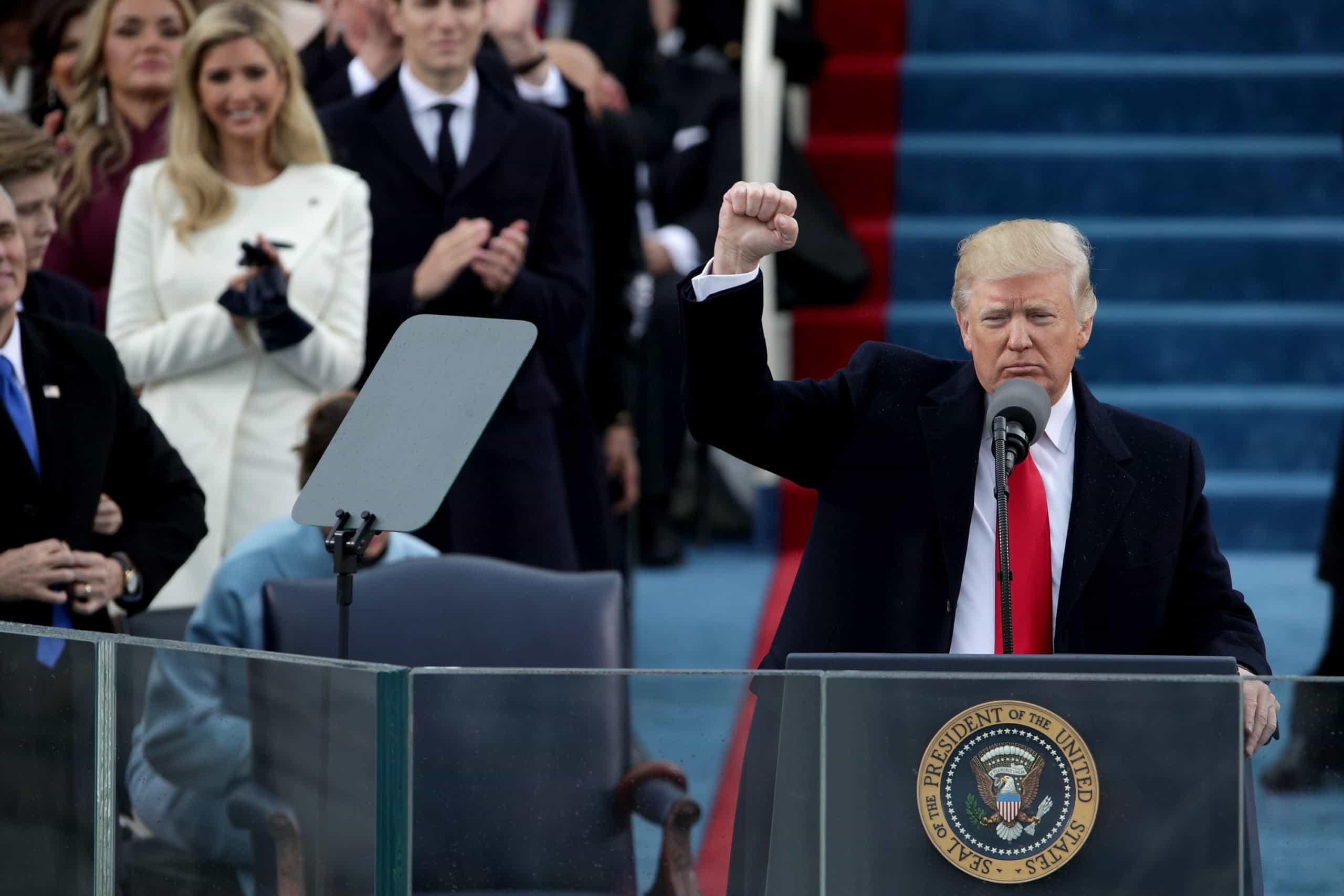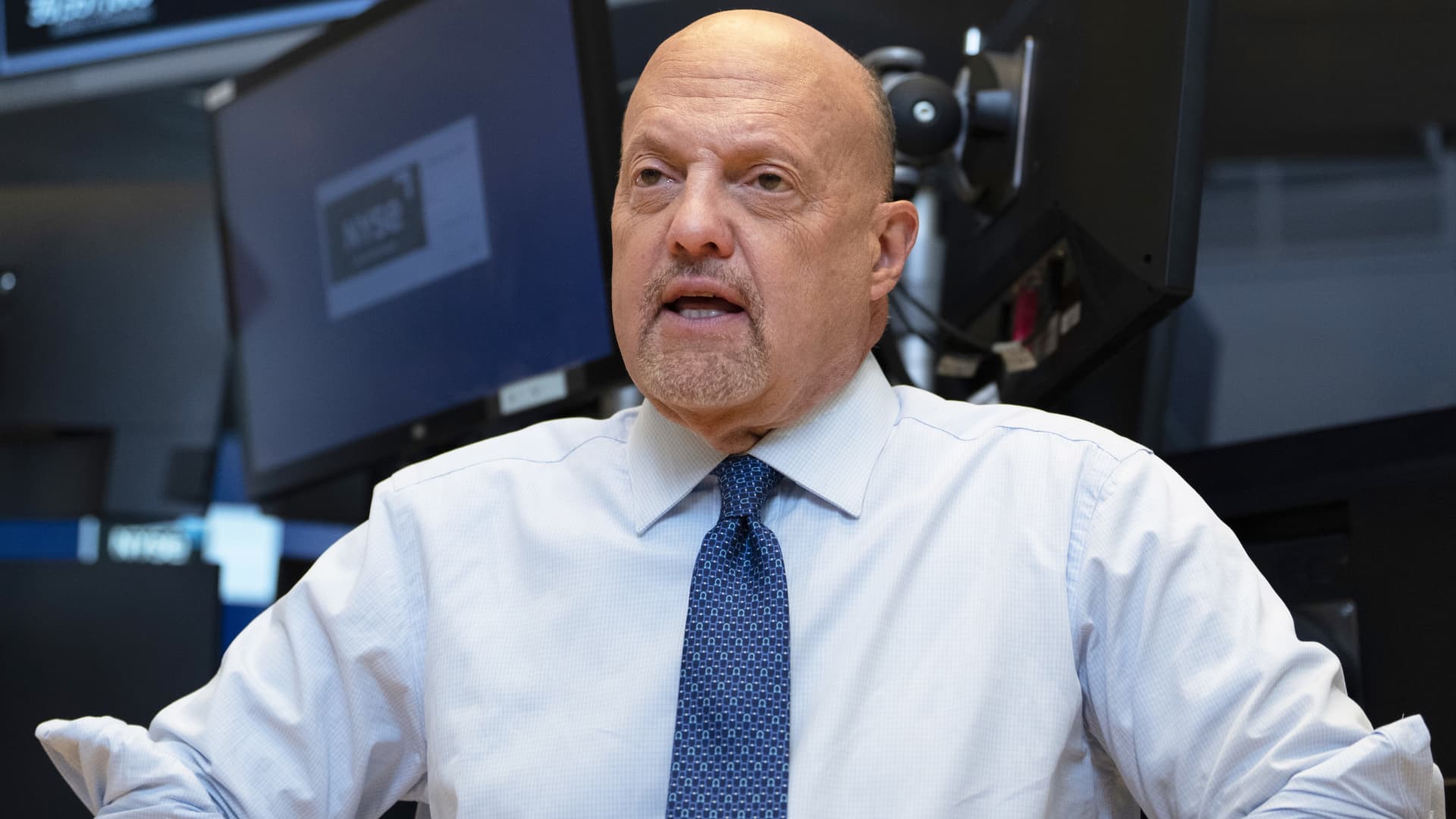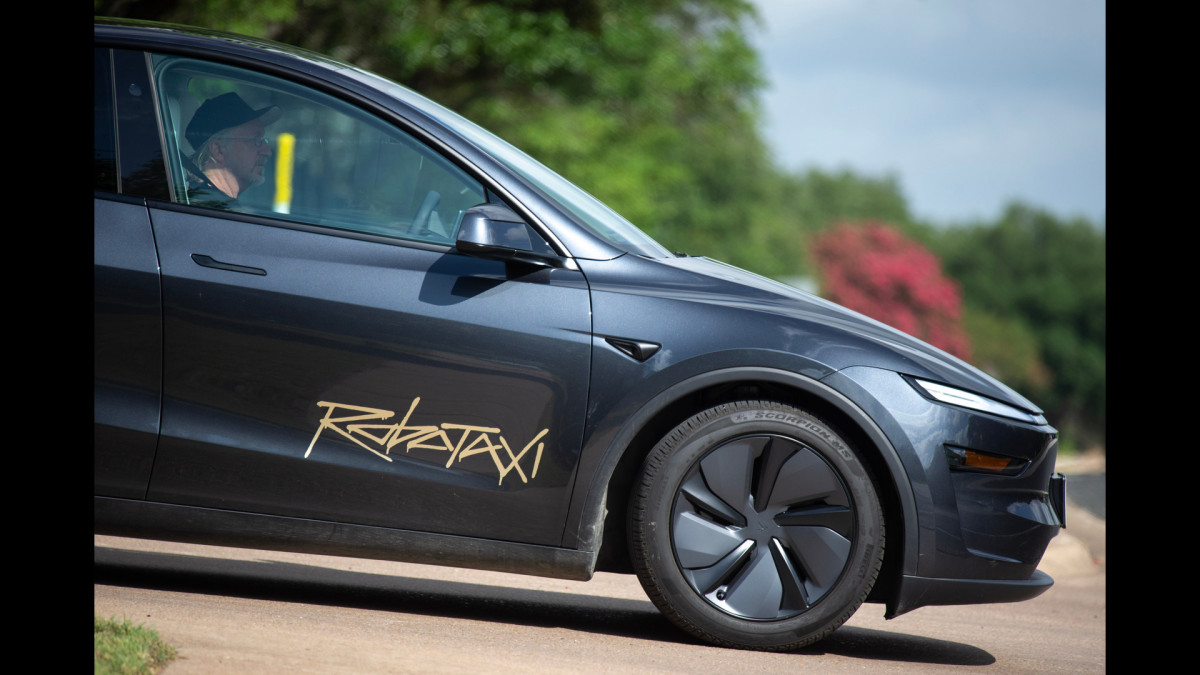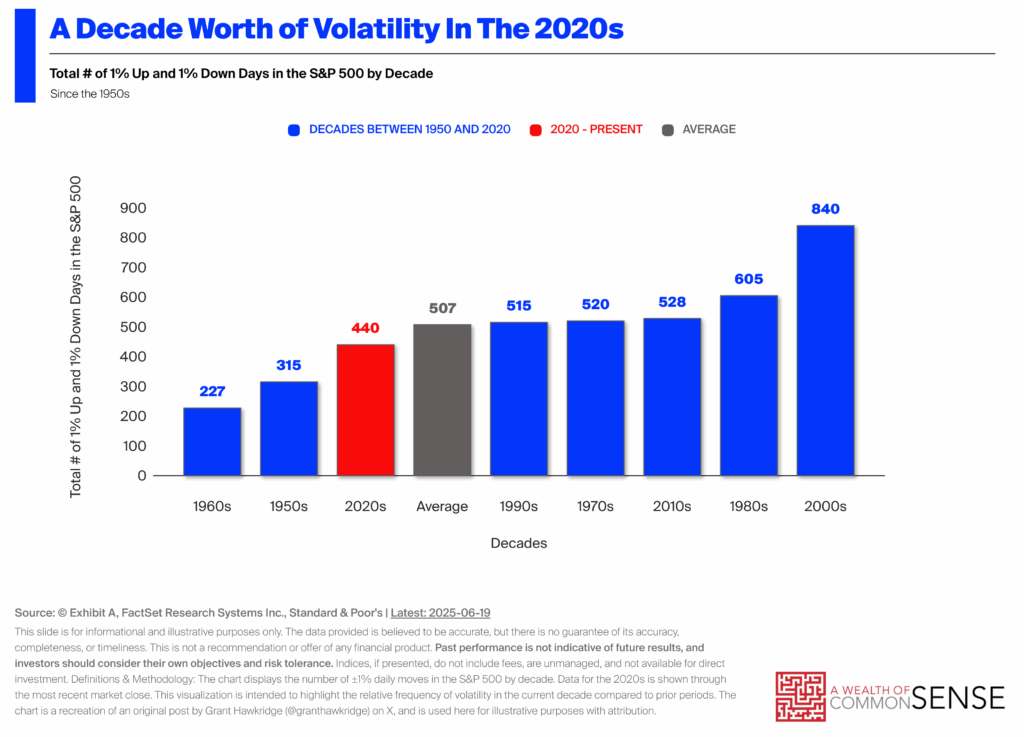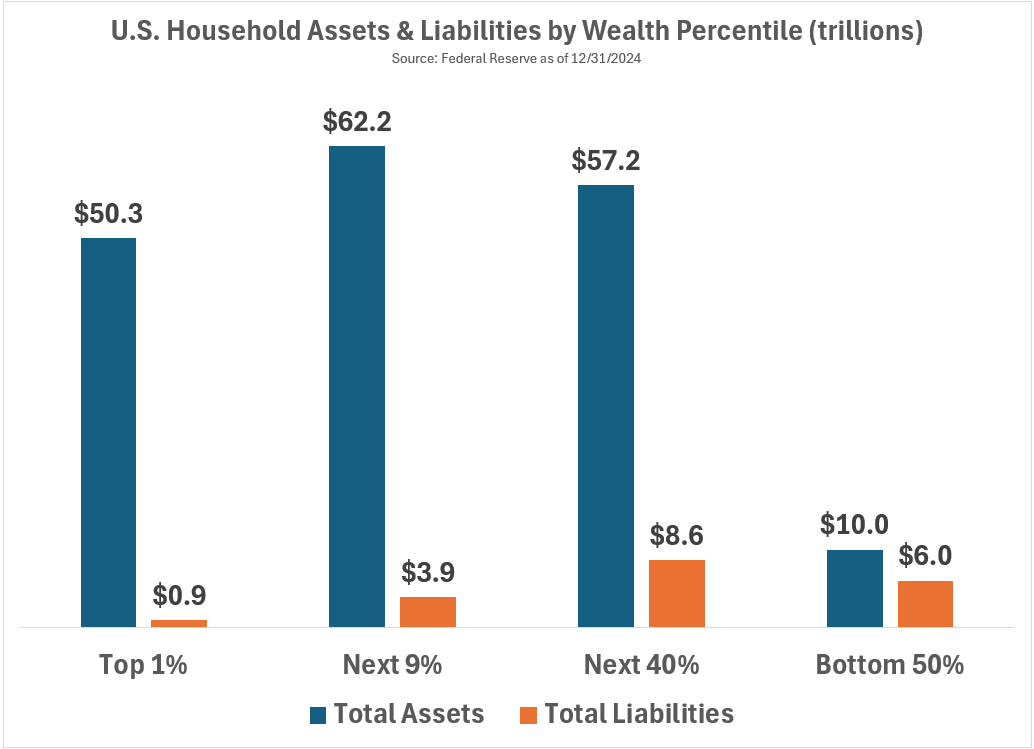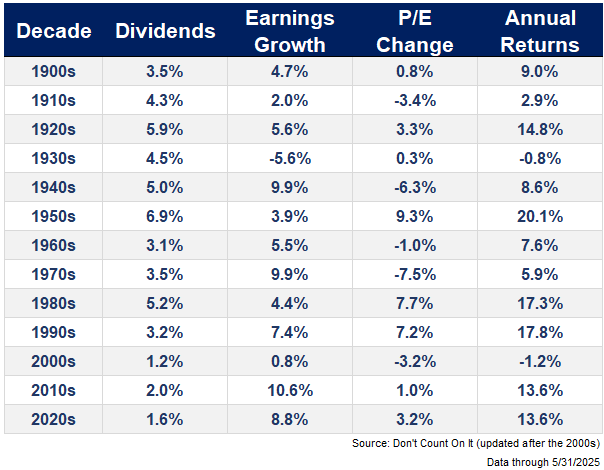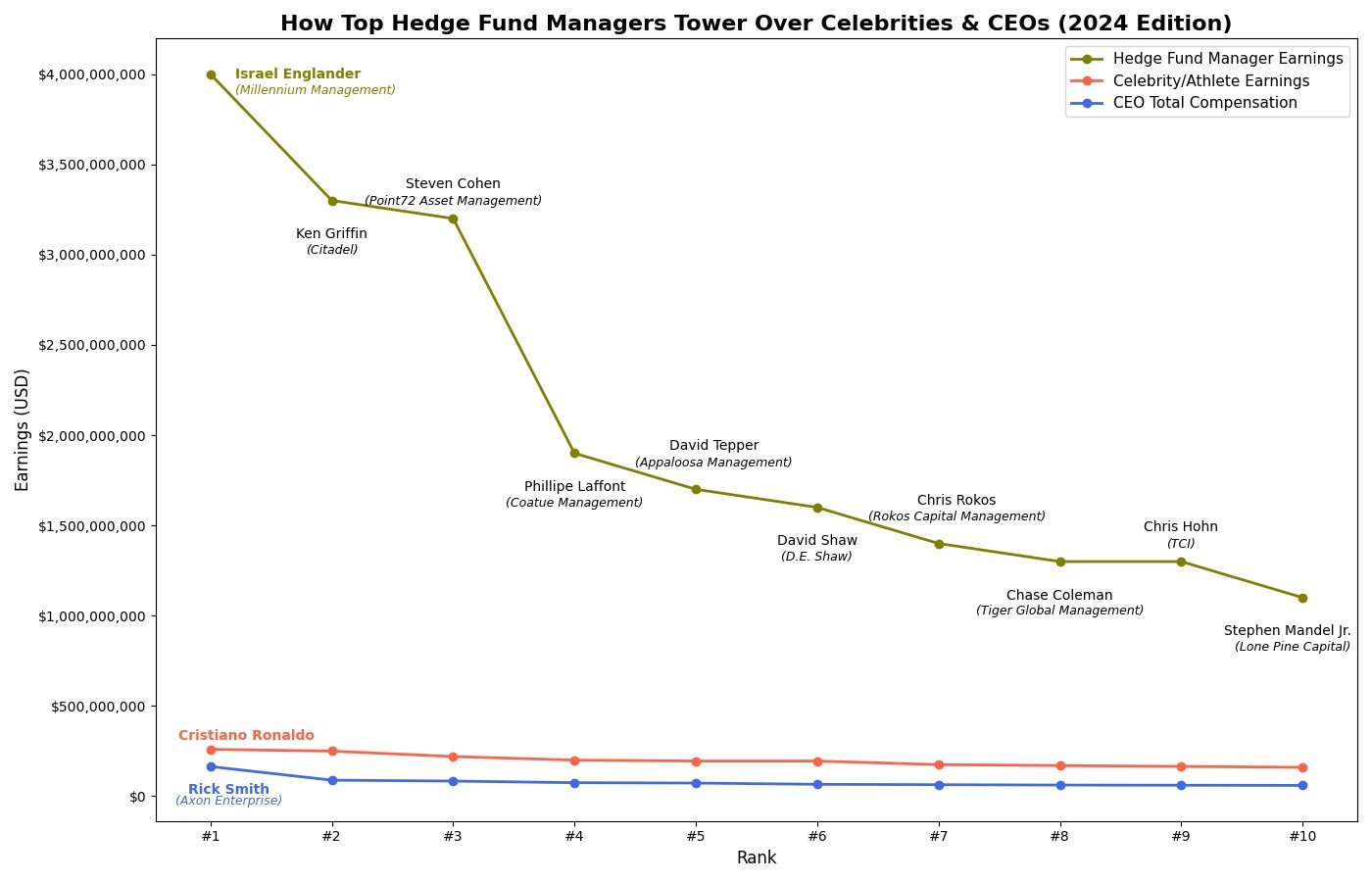Forget Tesla, Ford is eyeing even bigger EV rivals
Ford believes it can compete with the biggest EV brands in the world.
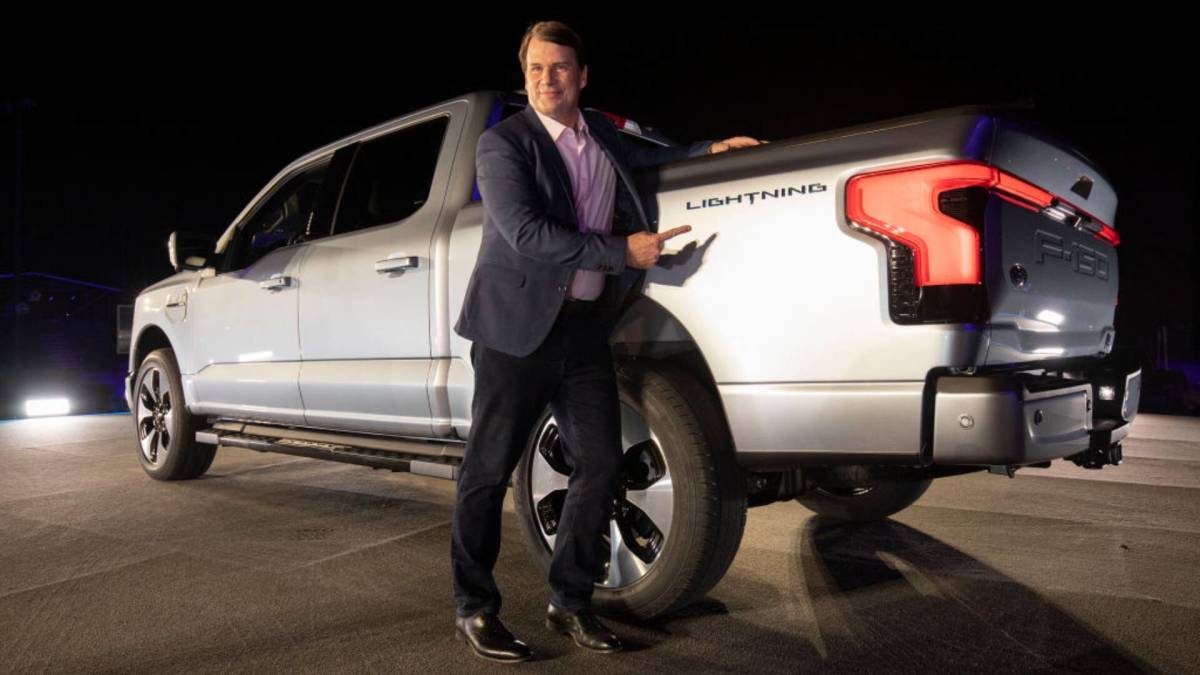
When most Americans think of electric vehicles, the first brand that comes to mind is Tesla.
The brand revolutionized the EV market in the U.S. by making the first mass-market EV with broad commercial appeal.
Until recently, Tesla has dominated the U.S. market, but in recent years, its market share has dropped from 70% to 43.4% in the first quarter of 2025.
Related: Ford reports another blowout sales month, but trouble could be ahead
Now, newcomers from legacy car brands like General Motors and Ford are gobbling up market share as they look to knock Tesla from the top spot.
U.S. electric vehicle sales volume jumped 11.4% year over year in the first quarter to 294,250 vehicles sold.
This jump was led by GM, which doubled its EV sales from a year ago, while Ford EV sales were up only modestly. Battery electric vehicles reached 7.5% of all new car sales in the first quarter, an improvement from a year ago, but short of the 8.7% peak reached in Q4 2024.
GM went from selling 457 EVs in Q1 2022 to nearly 32,000 in Q1 2025. After a disastrous start to the year, Tesla is basically back where it started in 2022 when it sold 129,743.
Ford went from selling 6,734 to 22,500 over the same period, but its path has been anything but straight. The company has struggled with inconsistent sales and elusive profitability.
However, Ford remains unbowed, and the company has its sights set on a much bigger prize than the U.S. car market. 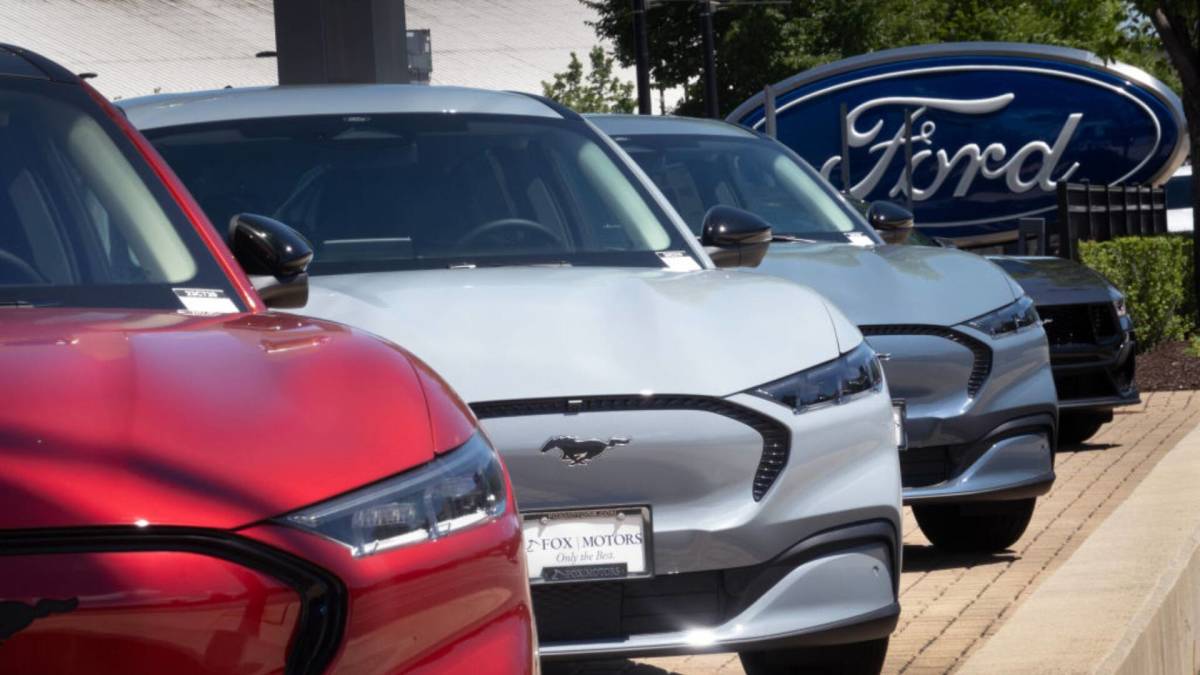
Ford EV will compete with the best in the world, says exec
Ford's electric vehicle division, Ford Model e, lost $5.1 billion in 2024. That was an increase from the $4.7 billion it lost in 2023. The company says it expects to lose $5.5 billion this year.
But despite the daunting landscape, the company thinks it has what it takes to turn its fortunes around.
Part of that strategy is making an affordable EV that can compete with Chinese models currently dominating the market.
Lisa Drake, who leads Ford's EV industrial plan, recently spoke wth investors during a "candid dinner discussion" hosted by Bernstein lead automotive analyst Daniel Roeska.
Related: Ford loses its last cheap vehicle to tariffs
"Lisa Drake was explicit: Ford intends to match the cost structure of leading Chinese players. That means not just battery pricing, but full system cost from chassis and thermal systems to inverters and electronics," Roeska wrote, according to Axios.
Ford will use its Advanced Electric Vehicle program to build an EV platform that will support eight different body styles, including trucks, crossovers, and possibly sedans.
So Ford believes it can compete wth the BYDs of the world that dominate the Chinese EV market, which is much larger than the U.S. one.
Ford has already announced that the first product will be a mid-sized pickup. But it will rely on an estimated $700 million federal tax credit this year that a Republican-led Congress could easily cancel.
Ford is taking advantage of the tariff situation
Ford released its May car sales report on Tuesday, June 3.
The company reported a 16.3% increase in May sales to 220,959, mainly due to its biggest, most gas-guzzling models.
Ford SUVs saw a 23% sales increase to 83,000, led by the Explorer, which had over 20,500 sold in the month. Meanwhile, Ford Trucks saw an 11.2% increase to 121,354 units sold.
Overall, Ford has sold 930,925 vehicles to date, a 6.1% year-over-year increase, despite the specter of tariffs upsetting the whole apple cart.
However, one area for the company that wasn't in the green was electric vehicle sales.
More Ford news
- Popular Ford newcomer overtakes Jeep in a key area
- Ford CEO Jim Farley has a strong take on tariffs
- Ford loses its last cheap vehicle to tariffs
Ford sold 25% fewer electric vehicles this month than last, accelerating a declining sales trend for a segment of the company's brand that had been experiencing growth.
The Mustang Mach-E was the lone electric vehicle model to see sales growth, with an 11% increase to 4,274. In fact, the Mach E is inching toward overtaking its non-electric brother in sales.
Mustang sales were down 3% in the month to just over 5,000 sold.








































